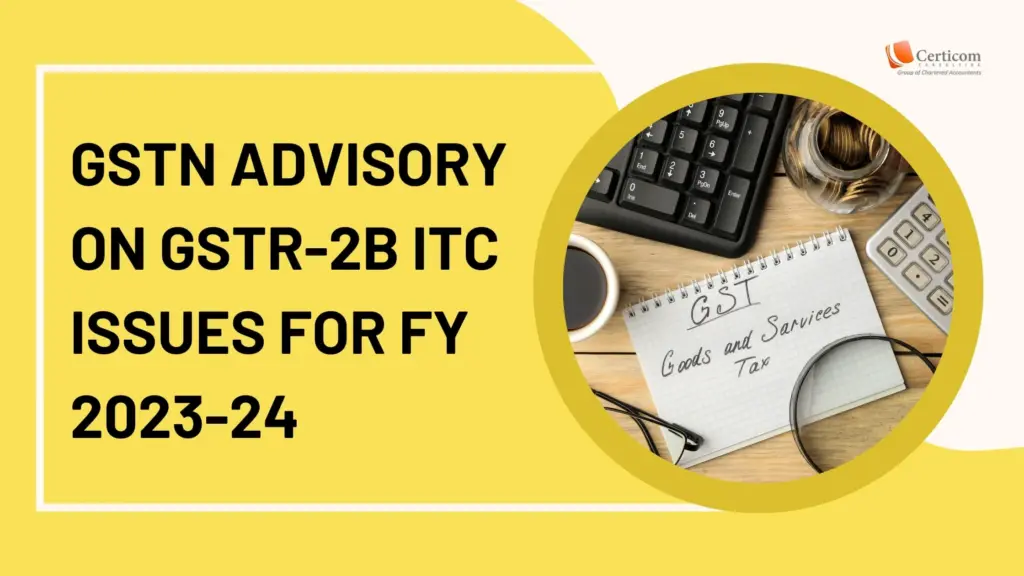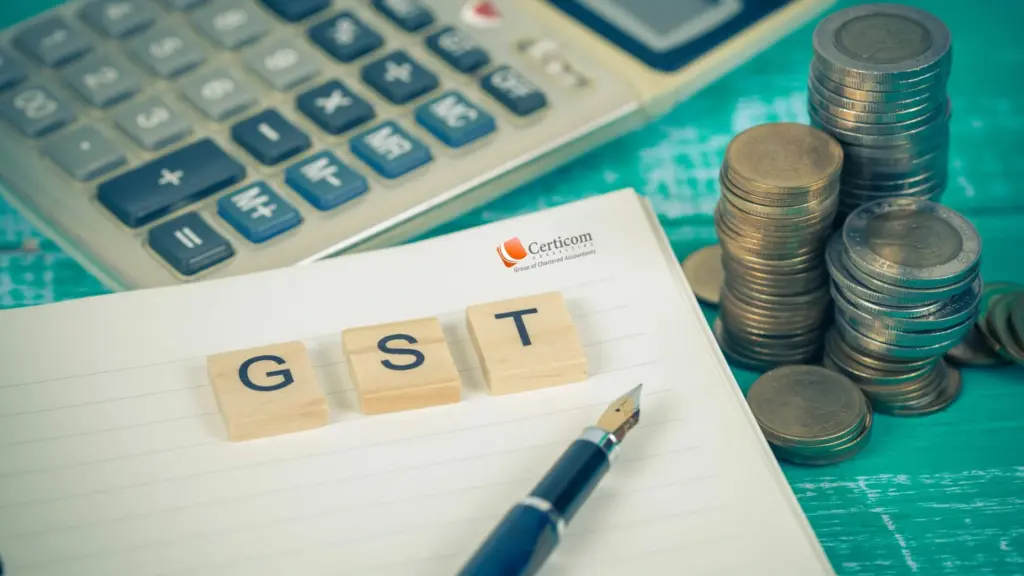Resolving GSTR-2B Input Tax Credit Issues: GSTN Advisory for FY 2023-24

The Goods and Services Tax Network (GSTN) recently addressed concerns about the non-generation of GSTR-2B statements for certain taxpayers. GSTR-2B is a critical document for taxpayers as it auto-populates details of eligible Input Tax Credit (ITC) from suppliers’ GSTR-1 filings. Without it, buyers cannot claim ITC, causing cash flow challenges and compliance issues. Here’s an overview of the problem, its implications, and the solutions suggested by GSTN.
Key Challenges with GSTR-2B Generation
Non-Generation of GSTR-2B
GSTN, in its advisory dated November 16, 2024, highlighted two primary reasons for GSTR-2B not being generated:
Quarterly Filers Under QRMP Scheme:
Taxpayers under the Quarterly Return Filing and Monthly Payment (QRMP) scheme will only see GSTR-2B for the final month of the quarter. For example, in the October-December 2024 quarter, GSTR-2B will be generated only for December 2024, not for October or November.Non-Filing of GSTR-3B for Previous Periods:
If a taxpayer hasn’t filed their GSTR-3B for prior months, their GSTR-2B for subsequent months will not be generated. For instance, if GSTR-3B for September 2024 remains pending, GSTR-2B for October 2024 will also not be available.

Implications for Taxpayers
Impact on ITC Claims
Under GST regulations effective January 2022, ITC can only be claimed for invoices reflected in GSTR-2B. If suppliers fail to upload invoices via GSTR-1 on the GST portal, these details will not appear in the buyer’s GSTR-2B.
This creates significant issues:
- Working Capital Strain: Buyers must pay their entire GST output tax liability without adjusting eligible ITC, leading to cash flow challenges.
- Delayed ITC Claims: Buyers may only claim the pending ITC in future months, causing operational inefficiencies.
Example:
A buyer purchasing goods worth ₹10 crore at 18% GST pays ₹1.8 crore as tax. If the supplier fails to file GSTR-1, the buyer’s GSTR-2B won’t reflect this ITC. Consequently, the buyer must pay their full GST liability of ₹2.16 crore on onward sales without adjusting the ₹1.8 crore ITC, a situation that burdens cash flow.
Solutions Suggested by GSTN
GSTN’s advisory outlines steps to resolve discrepancies or non-generation of GSTR-2B:
1. Supplier Compliance
Buyers should ensure suppliers upload pending invoices in GSTR-1 before the cutoff date—November 30, 2024—to include them in the buyer’s GSTR-2B for FY 2023-24.
2. Use the IMS Portal Recompute Option
To address issues in GSTR-2B generation or mismatches with GSTR-3B:
- Log into the IMS Dashboard on the GST portal.
- Take action on any pending records to enable re-computation.
- Click the ‘Compute GSTR-2B (OCT 2024)’ button.
- Updated values will reflect in GSTR-2B and auto-populate GSTR-3B.

3. Proactive Communication with Suppliers
Taxpayers must regularly communicate with suppliers to ensure timely compliance with GSTR-1 filing to avoid future disruptions.
With the November 30, 2024, deadline fast approaching, GST-registered taxpayers must act quickly to resolve pending ITC issues for FY 2023-24. Ensuring accurate and timely filings by suppliers, leveraging the recompute option, and proactively addressing mismatches are critical steps to avoid losing ITC claims.
For further assistance or queries, consult a tax professional or contact GSTN through the GST portal. Staying compliant not only optimizes tax benefits but also ensures smooth business operations.
Related Post
Cost Inflation Index for FY 2025-26: Impact on LTCG Tax
Loan Interest Deductions: How to Claim and Avoid Tax Scrutiny
Book A One To One Consultation Now For FREE
How can we help? *




